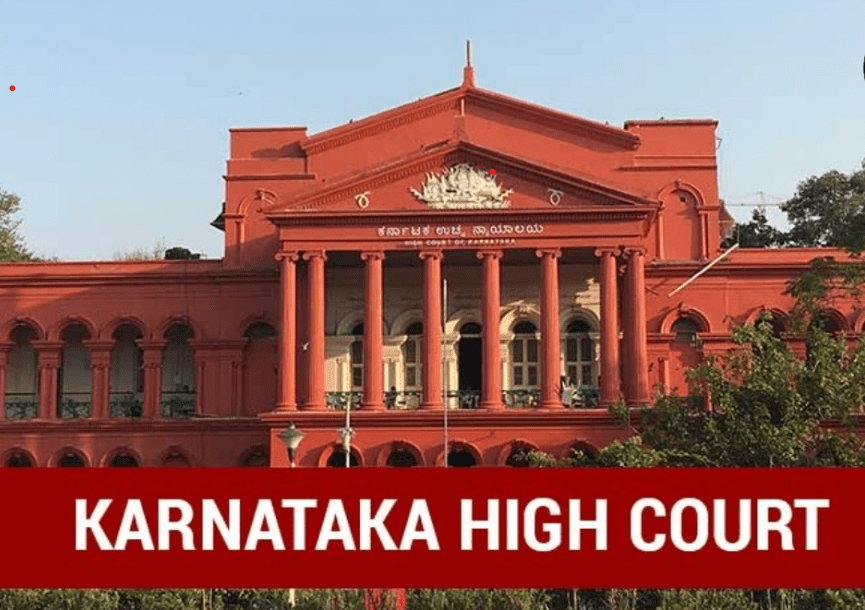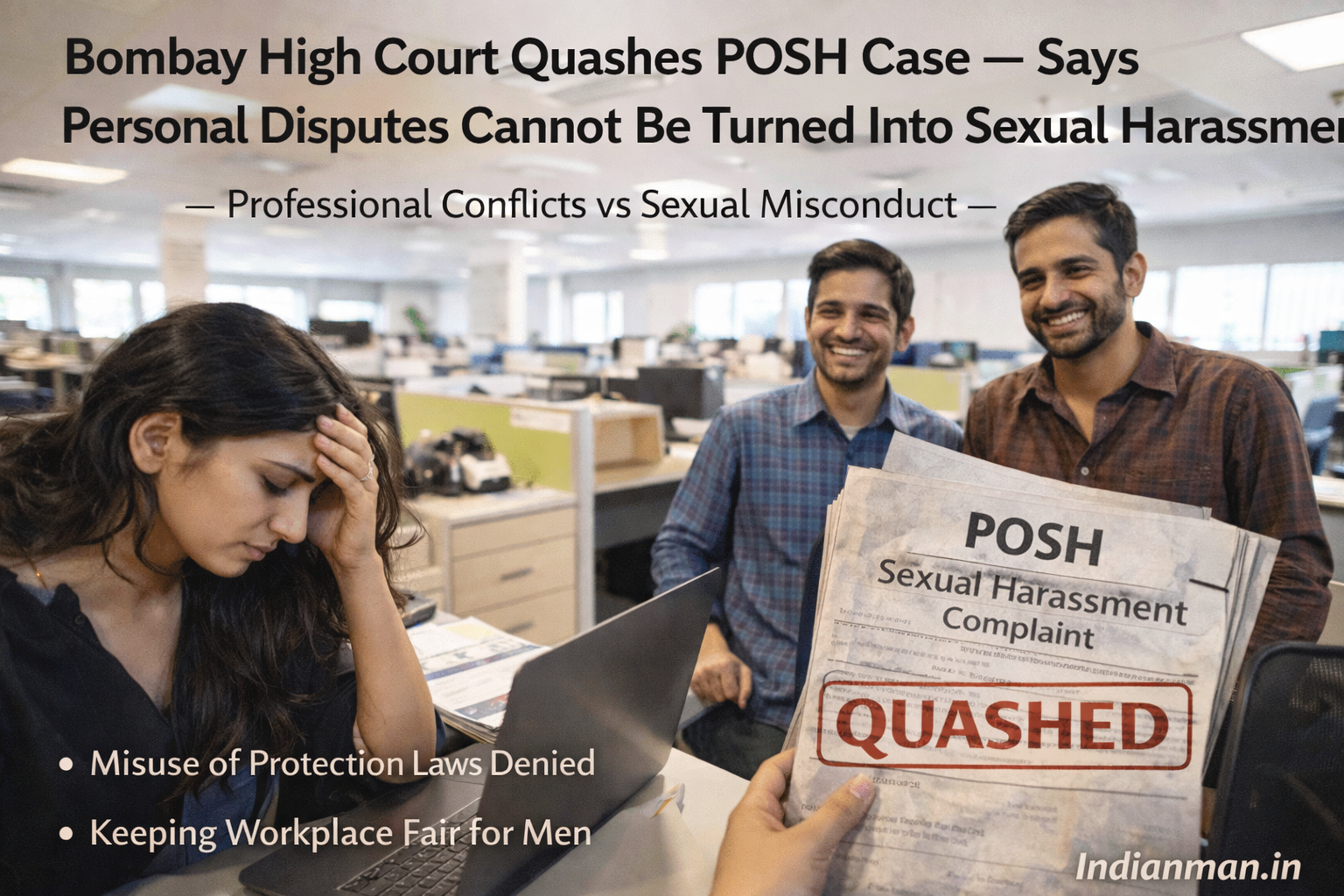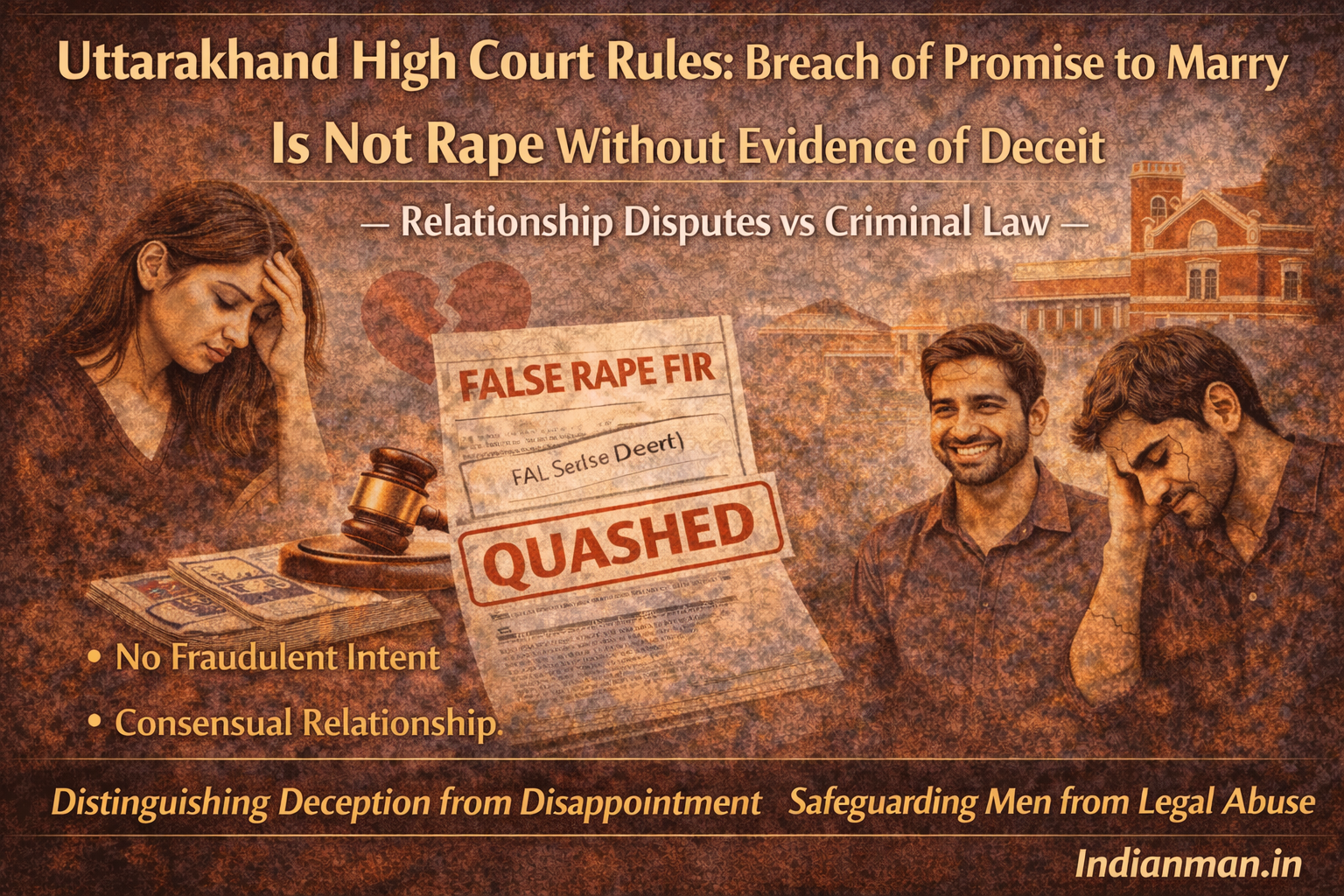Karnataka High Court’s Marital Rape Verdict Receives Mixed Reactions from Petitioners in Delhi High Court
The recent Karnataka High Court ruling—stating that a man cannot avoid a rape trial just because the victim is his wife—has led to mixed reactions from petitioners currently involved in the marital rape case before the Delhi High Court.
Many women’s rights activists welcomed the Karnataka verdict, calling it a progressive step toward equality. Advocate Raghav Awasthi, representing NGOs like RIT Foundation and All India Democratic Women’s Association, said that although he hasn’t reviewed the full judgment, it is a “welcome step” and could lead to more public awareness in India about marital rape.
However, men’s rights activists strongly disagreed. Amit Lakhani, from the Men’s Welfare Trust, which is part of the case in Delhi, warned that the judgment may set a dangerous precedent. He argued that it could lead to misuse of the law, where women might falsely accuse their husbands during marital disputes. According to him, such laws could cause innocent men to lose their jobs, access to their children, reputation, and peace of mind—even if they are later acquitted.
Lakhani also criticized the judiciary for overstepping its role, saying the decision should be left to lawmakers, not judges. The Karnataka High Court, in its March 23 ruling, stated that excluding husbands from rape trials violates the right to equality. The court also called on lawmakers to consider the “voices of silence” and address the legal gap.
The Central Government has not yet given a final stand on criminalising marital rape. Earlier, it said a decision could only be made after consulting with state governments and stakeholders, as the issue could affect family and social life.
Back in 2017, the Centre had filed an affidavit opposing the criminalisation of marital rape. It said that such a move could destabilize marriages and be misused by wives to harass their husbands.
However, in January this year, the government told the Delhi High Court that it is now re-evaluating its earlier position on the matter, as the affidavit was several years old.
The petitioners in the Delhi case have argued that Exception 2 to Section 375 of the IPC, which protects husbands from rape charges, is unconstitutional. They say it discriminates against married women who are sexually assaulted by their own husbands.
Be a part our social media community:
Facebook: https://www.facebook.com/IndianMan.in?mibextid=ZbWKwL
Instagram:
https://www.instagram.com/indianman.in?igsh=MWZ2N3N0ZmpwM3l3cw==




